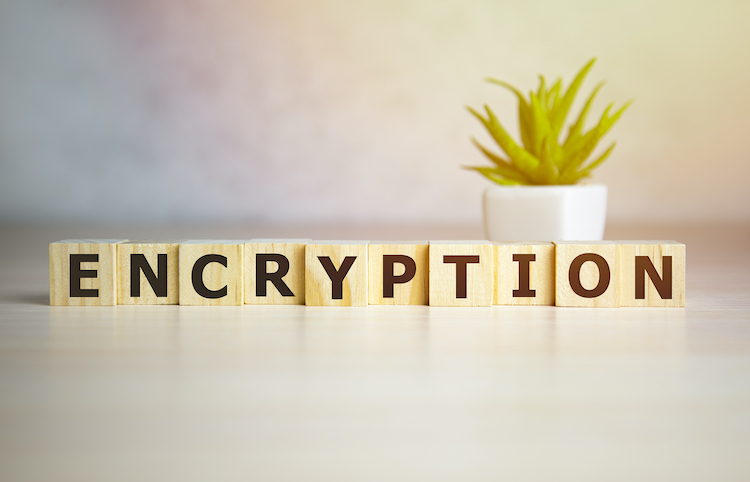
Any good cybersecurity strategy includes several layers of protection. Each layer addresses a slightly different area of IT security, including device security, data security, anti-phishing, network security, and many more.
The more layers you have, the more protected your organization is from a ransomware attack, virus infection, data breach, or other online threat. Unfortunately, some companies don’t use all the layers they should, which can leave them exposed and at risk of an unexpected attack.
If you think of each layer of security as a slice of swiss cheese, you can see how having several together would strengthen your overall security posture. Just one or two slices of swiss cheese still allow air through some of the holes, but when you have a stack of several slices together, you can create an “airtight” system.
In today’s online threat climate, it’s important to ensure you have more than just antivirus or a firewall. Data is spread out over multiple cloud systems and often travels between web, office, and employee homes, meaning there are many opportunities for it to become compromised.
Ransomware demands have doubled in the past year.
What do some of those layers of cybersecurity safeguards look like?
Here are some of the building blocks for security best practices:
One of the layers that companies often are unaware of or aren’t sure how to use is data encryption. Using encryption is powerful protection that can keep data safe even if a device or email message has been compromised by a hacker.
Encryption involves using a key to encrypt data. This makes it unreadable to anyone that doesn’t have the key required to decode the data.
For example, if you had an encrypted file on your hard drive and a hacker broke in and was able to steal your file, they would not be able to read it if it were encrypted.
The use of encryption can be helpful in many areas of your business operations. Here are some of the most common.
If you have a company website, then it should be encrypted with an SSL certificate. What this does is ensure that any data transmitted to the website through a contact form or shopping cart is encrypted so it can’t be intercepted by hackers.
Having encryption on your website tells visitors it’s safe to use and they don’t have to worry about their data being left unprotected.
Google has started using website encryption as a ranking signal. Additionally, browsers now display a prominent “Not secure” warning for websites that don’t have encryption. This could be causing you to lose potential leads and customers if your site isn’t secured.
Laptops are one of the most popular types of computers, especially now that so many employees are working from home either part or full-time. Laptops allow you to take your PC with you anywhere you go, but this portability also makes them more susceptible to being lost or stolen.
There is a 1 in 10 chance that a laptop will be stolen in its lifetime. If you have a business computer stolen, that can mean big data privacy compliance problems and potentially an expensive data breach.
Using laptop hard drive encryption with something like Microsoft BitLocker provides a way to protect the entire drive of a laptop and everything on it from being accessed by a thief. This can significantly reduce your risk with employees using laptops regularly for their work.
People send sensitive data via email all the time, but often those messages aren’t protected. Employees will routinely email internal spreadsheets with customer or employee data and login information to access a cloud app. Some customers won’t think twice about emailing their credit card details for an order.
You can enable email encryption in a platform like Microsoft 365 to better protect sensitive email messages and file attachments. Once enabled, emails can be encrypted manually or through a set of security policies so that if intercepted, the hacker would not be able to read the message.
VPNs are a great way to ensure that data being transmitted online by employees is secure, no matter what Wi-Fi they’re using. A VPN re-routes a person’s internet connection through a secure server and encrypts the traffic.
This helps ensure network security, even if you have employees working from home or connecting to public Wi-Fi.
Haxxess can help your Northern Ontario company ensure you don’t have any gaping holes in your cybersecurity strategy.
Contact us today to schedule a free consultation! Call 705-222-8324 or reach out online.